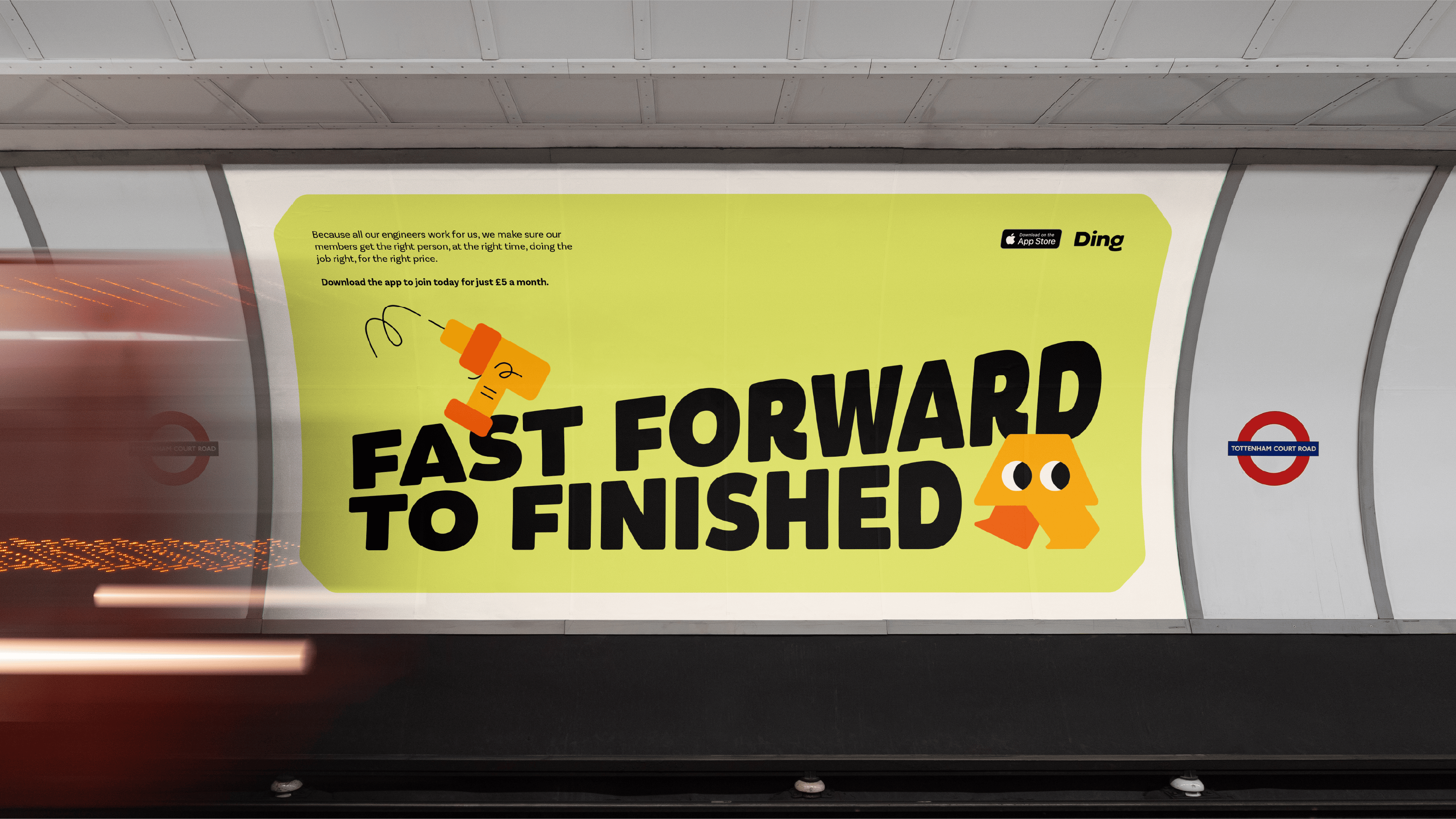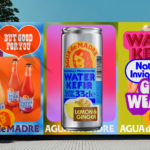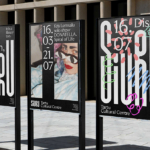Ding by Wildish & Co.
Opinion by Richard Baird Posted 15 May 2025
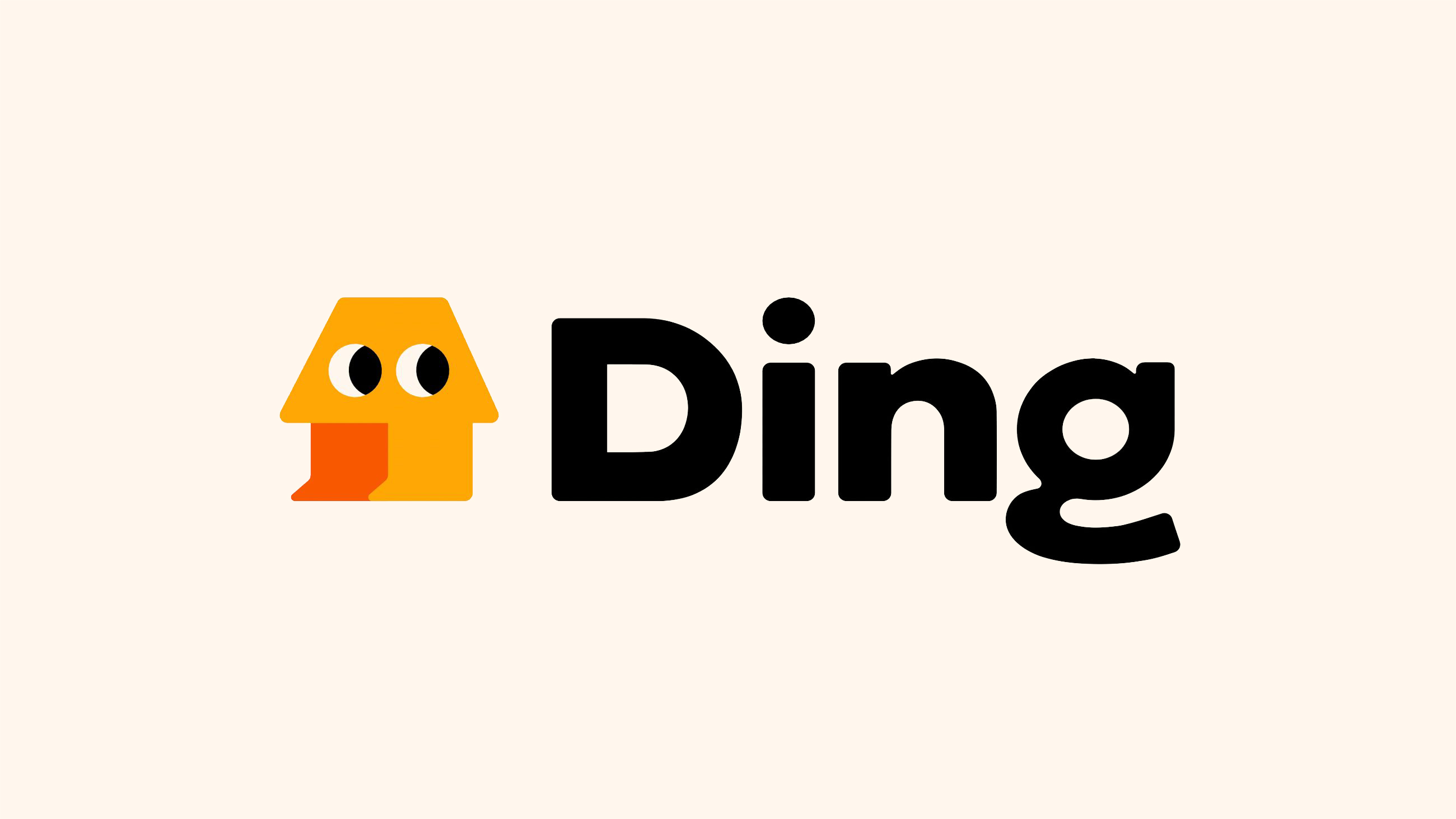
When I left the UK and landed in the Czech Republic – my home between 2010 and 2018 – I found a notable difference in advertising and branding between the two countries. Specifically, I saw an abundance of brand mascots.
Now, of course, mascots were also used in the UK and have a global historical precedent, but I was struck by how regularly they appeared, and how they were applied across a wide variety of industries and markets. These characters were selling double glazing, mobile services, convenience stores – among many other things. The quality varied widely, too.
My initial response was, why did everything have to be sold using a ‘fun’ character – often anthropomorphised objects and, yes, animals – so they could speak the message? It’s a question also raised by Alec Mezzeti in his article for Design Week: ‘Fun fatigue – is formality returning in branding?‘. Why was I, an adult, being sold grown-ass products using childlike characters? This probably also half-reflects aspects of my self-image at the time. Cringe.
Anyway, when I returned to the UK in early 2018, it seemed like I’d brought the trend back with me, though alas, not the sunny weather. Had I simply not noticed the abundance of mascots before I left? Or had something changed? Well, as it turns out, Counter-Print recently found enough good examples to dedicate a whole book to them, so the change is real.
I’m going to blame the internet and disrupter brands, though I have no evidence – just a hunch. Necessary products and services that were typically seen as ‘boring’ were getting digital makeovers; turned into apps, they started acting like your best friend.
Financial products now made things feel low-stakes. Tasks that used to be a grind could be cheaply outsourced. Ironically, fast food was now not so fast, as we expected someone else to go and get it for us. To bring this review into focus: the sorts of jobs that once meant dragging yourself to B&Q or Home Depot, watching a YouTube video, and potentially messing it up, could now be done by someone else at an affordable rate, thanks to new centralised marketplaces.
UK-based Ding joins other services (like Airtasker and Taskrabbit) in centralising the skills of tradespeople – creating a ‘democratised’ marketplace where anyone can pitch in on basic household maintenance. Rather than charging per job, Ding offers a subscription and aims to create an ongoing relationship between tradespeople and those needing odd jobs done.
Mascots equals fun.
Fundamentally, apps like these are about the liberation and empowerment that comes with getting things off your to-do list – so you can spend more leisure time doomscrolling, or hopescrolling. What constitutes ‘fun’ these days.
Mascots, bright colours, chirpy illustrations, and humanist typefaces are all tools used to lower the threshold of getting things done around the house. Your friendly little helper – Ding, in this case – reduces all those tradespeople (and amateurs hoping to earn a little extra) into a cute anthropomorphised walking house, plus a cast of related characters to tell the story. ‘Don’t wing it, Ding it.’ I recently put up a curtain rail. What a mess winging it got me into.
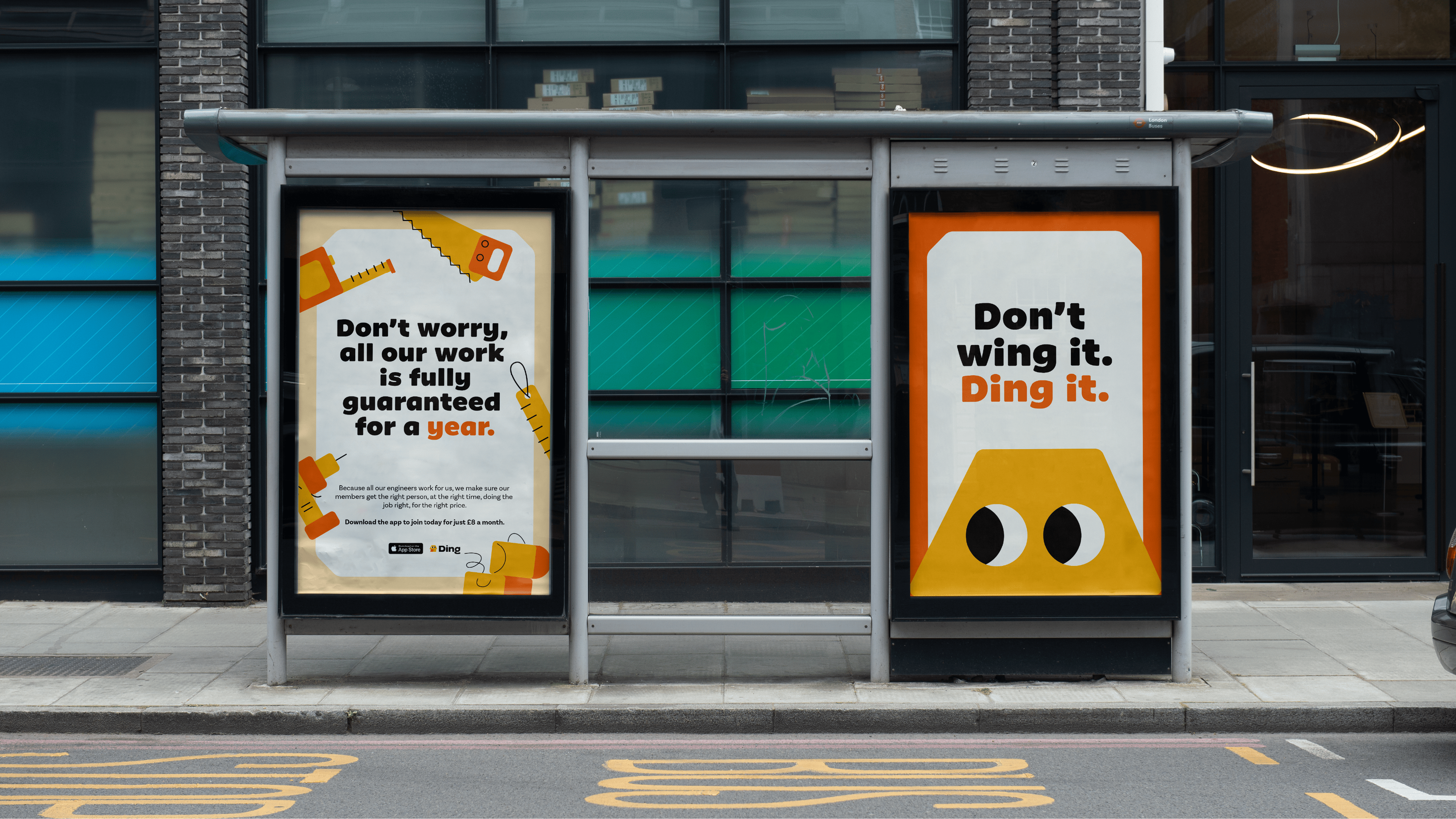

My ‘why is everything being infantilised?’ attitude has somewhat changed. It’s hard enough dealing with the mounting jobs that pile up around the flat, and the aesthetic of household products and services hasn’t typically made that feel easier. Anything that can make such tasks seem surmountable, liberating, cheerful even, surely that’s a good thing?
To get down to the micro: the logotype is weird (it’s the ‘g’ that does it), but the typeface (the aptly named Work Sans), characters, and colour palette are very disarming. Together, they’re warm, conversational, and playful – though not particularly sophisticated (they probably don’t need to be). Assuming the product is easy to navigate and follows the familiar model – ratings, reviews, proximity, price, reliability – the brand supports the idea of liberating users. Of transporting them to a slightly happier place, with a few fewer jobs to do at the weekend.
